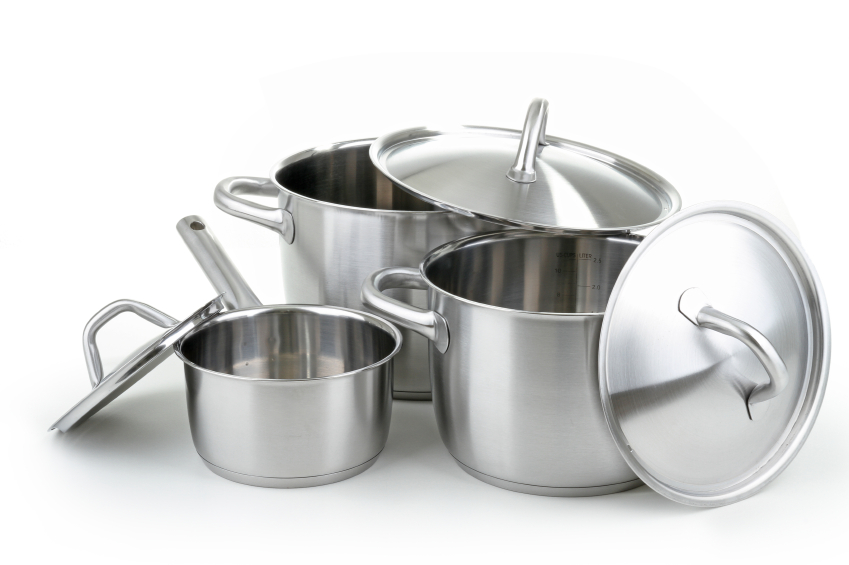Corrosion resistance is a crucial issue to think about when choosing materials for projects. Aluminum and stainless steel are two common materials to pick from, each with certain advantages and disadvantages in terms of corrosion resistance. The differences between aluminium and stainless steel and how they compare in terms of corrosion resistance are covered in this blog post.
Corrosion Information
It’s critical to comprehend what corrosion is and how it happens before comparing aluminium and stainless steel. The progressive decomposition of materials—typically metals—caused by chemical interactions with their surroundings is called corrosion. When metals come into contact with oxygen, water, sulphur, or other elements found in the air or soil, corrosion may result.
The life of a material can be significantly impacted by corrosion, so it is crucial to use materials that are resistant to corrosion. Certain metals may be more prone to corrosion than others depending on the atmosphere. This is why it’s crucial to take the surroundings into account when choosing materials for a project.
Corrosion and Aluminum
Due to its affordability and light weight, aluminium is a widely used material for construction. But how does aluminium perform in terms of preventing corrosion? Although aluminium is frequently thought to be corrosion-resistant, metal nevertheless has a high reactivity to moisture and oxygen. This indicates that aluminium is susceptible to oxidation, which over time may lead it to degrade.
Aluminum is frequently coated or anodized to provide protection because of its reactive nature. Despite not being a perfect solution, this can aid in protecting the material from corrosion. If the anodization or coating eventually fails, the aluminium will be vulnerable to corrosion.
Corrosion and stainless steel
Another popular material due to its tensile strength and resistance to corrosion is stainless steel. Iron, chromium, and other substances that contribute to the formation of a protective oxide layer make up stainless steel. By preventing oxygen and moisture from reaching the substance, this oxide layer aids in preventing corrosion.
Stainless steel does not require additional corrosion protection, unlike aluminium. It is crucial to remember that stainless steel is not corrosion-proof. Stainless steel can nevertheless corrode in some conditions, such as high-pH or high-saline environments.
Corrosion Resistance of Aluminum vs. Stainless
Therefore, when it comes to corrosion resistance, which material is better: stainless steel or aluminium? The setting in which the material will be used will determine the answer. Aluminum is more corrosion resistant than stainless steel generally, however in some conditions aluminium may be a better option.
For instance, stainless steel is a superior option for projects that will be exposed to salt water or acidic environments. Aluminum might be adequate in less corrosive settings, though. While choosing materials for a project, the environment must be taken into account.
Conclusion
Corrosion resistance is a crucial feature to take into account when choosing materials for a project. Although both stainless steel and aluminium are widely used materials, their levels of corrosion resistance vary. Aluminum is more corrosion resistant than stainless steel generally, however in some conditions aluminium may be a better option. While choosing materials for a project, the environment must be taken into account.

